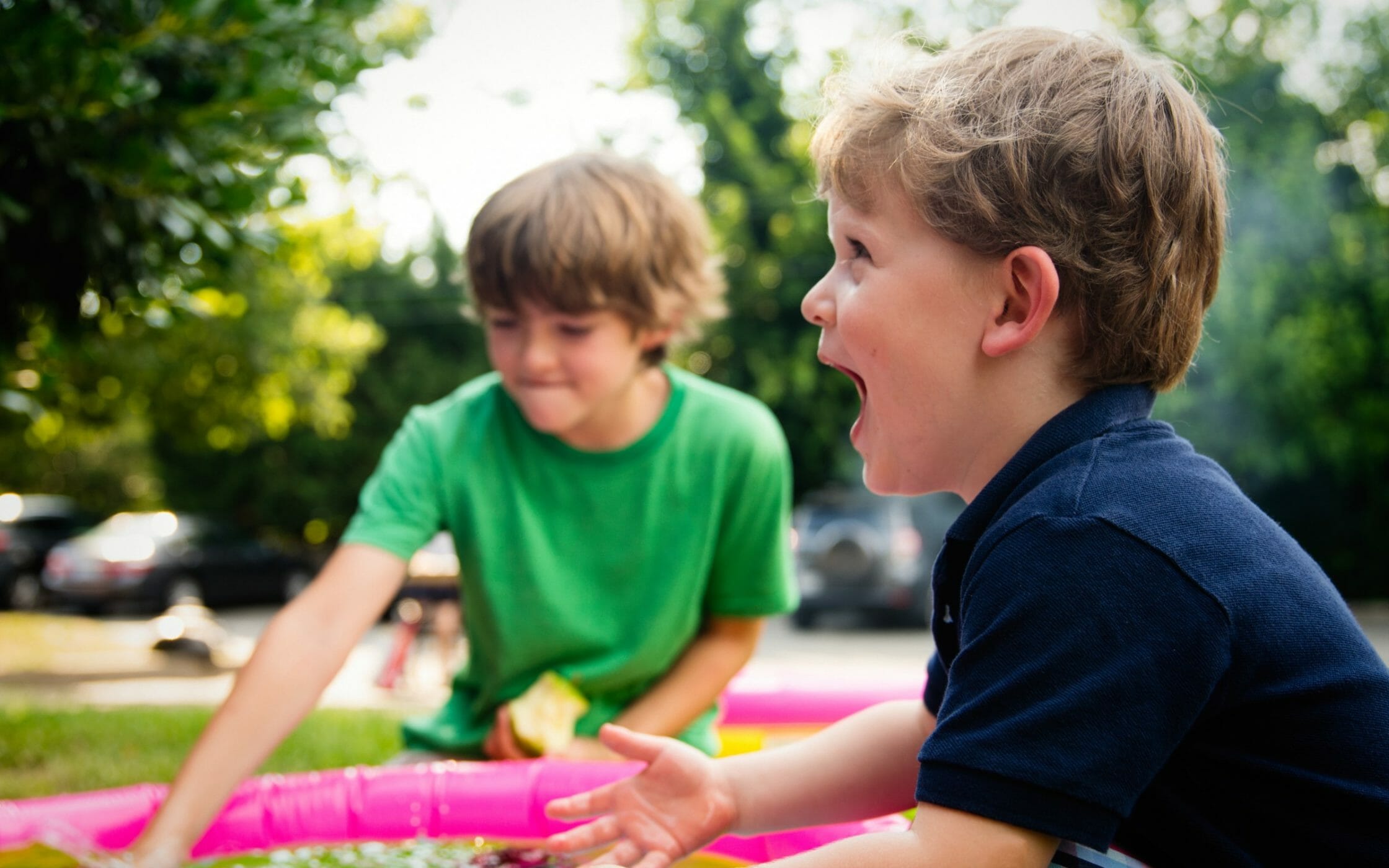Why Immunize?

My clinic told me my children need to get vaccinated. Why do my kids need these vaccines? Polio is long gone, and I had the chickenpox when I was young and I am doing just fine.
Vaccines prevent diseases. We get immunized against a disease so we do not get the disease itself. The diseases we currently vaccinate against can be dangerous, even deadly. Many diseases we vaccinate against are no longer in this country but remain active in other parts of the world, so we get vaccinated to keep them from coming here.
Other diseases we vaccinate against still exist in this country and, because many parents or grandparents remember having them and recovering, are getting a reputation for being “not that serious.” This is not true—the flu, chickenpox and measles all are deadly.
For most people, getting the chickenpox means a short illness and a complete recovery. But for about 1% of people, chickenpox can lead to complications such as pneumonia, encephalitis (brain inflammation), hemorrhagic complications, hepatitis, arthritis and Reye syndrome. The mortality rate of chickenpox in children under 14 years in the United States is estimated to be about 2 per 100,000 cases, and 90% of these children have no risk factors for severe disease (1). From 1990 through 1996 (before the vaccine was introduced), an average of 103 deaths from chickenpox were reported each year, and most of these people did not have an immunodeficiency. In other words, their immune system was working just fine. What about those whose immune system is not working just fine? For children with leukemia, the mortality rate is 7%. These are children who, owing to their illness, could not be vaccinated in the first place, so they rely on herd immunity (3).
Since the routine vaccination of chickenpox started in 1995, hospitalizations from chickenpox have declined more than 70% and deaths from chickenpox have declined 88% (2). In short, the vaccine against the common chickenpox saves lives.
Vaccines also prevent infections that are still found outside of the United States, such as polio. Polio, the paralyzing and deadly disease, once struck fear into the hearts of parents in the U.S. Due entirely to vaccination, the United States has not had a case since 1980, though people are still contracting it other parts of the world. Diseases found in other countries can easily spread via airplanes and airports, so people in the United States need to be vaccinated against polio to keep it from coming here (4,5).